A Religion Called "Psychology" & the Bully Myth [Part II]
![A Religion Called "Psychology" & the Bully Myth [Part II]](/content/images/size/w960/2022/10/bully2.PNG)
A harrowing curse stalks the land, the symptoms of which can be so subtle that it is imperceptible to the layman, and the solution, even more so. Fortunately, the State provides society with divine prophets to interpret the curse's ill-effects and Gifted champions to cast out these foul blights. Bully Myth [Part 1]
The allegory above is meant to ridicule the attitude of the statist towards the common man, of which the former attempts (with no small expense) to thwart the knowledge-gathering of. The statist uses many fallacies and ill-begotten opportunities to derive his power, but one such technique is to condemn some men as dangerous and assume that he, the statist, can protect the rest of society from such men. Currently, the danger narrative is the bully myth; and the statist's protective incantation meant to locate and solve the issue at hand is called “interpretative phenomenological analysis”. Statists that recite the protective incantation are called "psychologists".
What is Interpretative Phenomenological Analysis?
In IPA, a group of victims (defined by the IPA official) are sorted out so that a psychologist can interpret the source and/or solution to the ailment that defines the victim. Methodologically, there is nothing more to add to this description of IPA as that is all that it entails. A (1) small group are assembled that share a similar ailment defined by a psychologist. Then, (2) a psychologist interprets a solution.
IPA is not a study, because a study of some subject is defined by and requires basic axioms from which to deduce future unknown knowledge, and IPA is not built on any such fundamental principles. IPA instead uses subjective meaning ("interpretation") where no single finding is universal, even within similar cases, meaning that this "science" does not acquire new knowledge. As an example of a proper study, Austrian economics uses the basic axioms: (i) that people behave purposefully, (ii) people and regions are diverse, and (iii) of the disutility of labor. From these axioms which define the subject of economics, higher principles are logically derived, such as the supply and demand principle. With IPA on the other hand, the methodology is simply the interpretation from special psychologists chosen by the state where an IPA official will make a judgement call that is not necessarily derived from past studies (precedents). Nor is this judgement derived from a clearly defined theoretical model.
The closest we can come to a definition of IPA outside of its subjective approach is that IPA occurs when the statist-psychologist publicly announces a favorable opinion to the status quo of State power and/or procurement of more State powers to "protect" society from dangerous men. The IPA official serves an analogous role that the counter-violent extremists serve when combating the internal threat of "extremism" (a modern myth); or the anti-trust scholars when combating the threat of "big business" (a century-old myth); or the Marxist scholars when combating the threat of "racism" (another modern myth); or the false economists when combating the symbolic threat of "unemployment" (which, like the other myths, is simply made worse when the State intervenes).
The IPA practitioner is not a statistician either as he discards hypothesis testing from which statistics relies on [particularly since he uses small data sets from which a proper error analysis would disprove his claims].
Nor is the IPA practitioner a scientist. He rejects a consistent and clearly defined methodology from which to discover phenomena preferring instead an approach that is arbitrarily defined by his own whims as an authoritative figure insulated from the burden of proof. The IPA practitioner believes in authority rather than truth. His experiments, rather than having a methodology as its constant, have a pre-defined solution as its constant instead. The solution is always to take resources from society by force and use it to devise new 'licensing', 'regulation', or more government agencies to ineptly (and expensively) attempt to solve the bully problem (currently, online).
Knowledge-gathering endeavors:
methodology → answers (to conduct science)
deduction/induction → answers (to study)
Power-gathering endeavors:
answers → appeal to authority or emotion
One begins with an approach to acquire knowledge or answers to dilemmas. The other begins with the answer already accepted and by trickery or force, attempts to impose that belief onto society.
Knowledge vs Power
The scientist requires a transparent methodology to test unassumed conclusions; whereas the statist uses a vague formula to conjure desired conclusions.
The academic wields logic to derive unknown knowledge from base assumptions; whereas the statist wields authority to force predetermined belief.
Interpretative phenomenological analysis is another form of information control. It uses the basic “protect society” argument to justify more government without ever proving, rationally nor empirically, that such government powers can protect society. I encountered IPA from the iamhere international organization.
iamhere & IPA
The international organization known as iamhere consists of just over 200k trained censors and indoctrinators across a dozen Western countries – people-turned-activists who succumbed to State propaganda. The iamhere group is the measurable effect that information control takes on societies, and each year more citizens are convinced to be a part of this international campaign to censor dissenters and proselytize their fellow man, mostly on Facebook comment sections. 200k people across 400+million is not a significant proportion but combined with the effects of various censorship techniques (to stop ideas), indoctrination techniques (to force ideas), and State funding/intimidation in Western societies, it is enough to wreak havoc on our networks and result in near-total control of information.
The iamhere activists were the victims of such information control measures and State intervention in the digital market. These activists use a special comment architecture within Facebook and other tech platforms to control what comments a passerby would see in key social media posts, such as a New York Times' article post. Facebook worked closely with iamhere on their campaign and may have even developed a comment architecture specific to iamhere's purpose.
The psychologists within and cited by iamhere officials are prime examples of IPA practitioners. The keywords used in their subjective interpretations is commonly "social support" for various problems they fail to analyze, such as "extremism" and "hate" – two of the great myths of the 21st century.
online social support is meaningful for public figures. Partly for the individual’s experience, but also for the survival of the public conversation in whole. The study suggests that individuals who come together and organize themselves can make a difference. Online social support is an important contribution when it comes to creating a more inclusive and open-minded climate where public figures are no longer forced to self-censor or considers leaving their jobs. 1
The IPA official implies that “online social support” is a good thing, though what he means by such verbiage is that networks and online gatherings ought to be of homogeneous opinion where the regime is supported. The IPA official misuses the “public conversation” and “inclusive and open-minded climate” phrases similarly. Ironically, the IPA official was defining the state official, a member of society who benefits from the forceful exploitation of resources from the rest of society, as the victim that needs protecting.
First and foremost, the IPA official is using this narrative to justify the control of information that the citing iamhere official is guilty of. More broadly, the iamhere official is using the ritual of IPA and the government prophet known as a "psychologist" to justify the government's control of information. This benefits iamhere and other similar organizations because they seek to secure “grants”, which are money taken by force from society and issued out to private organizations that are willing to do that which government wishes to do but cannot (explicitly).
Another iamhere official slanders opposition to government as "hateful speech online", 2 for if the statists are to forcibly take resources from society in order to control what ideas society is permitted to have, then the statists have to use emotional language (“hateful”) in lieu of actual evidence of a legitimate threat to society.
Cathy Buerger of iamhere mentions support of iamhere's "Dangerous Speech Project" and by doing so, unwittingly concedes that iamhere is a political organization with strong ties to the State
The Dangerous Speech Project’s work is supported by the John D. and Catherine T. MacArthur Foundation, the Ford Foundation, and the Open Society Foundations 2
The Department of Homeland Security's "Task Force on CyberSkills" includes executives from Sony, Time Warner, Facebook, ICANN (responsible for coordinating the maintenance and procedures of several databases related to the namespaces of the Internet), SANS Institute, and the John D. and Catherine T. MacArthur Foundation that Cathy Buerger praises. 3
It is no more ironic that pawns of the State (the iamhere official) cite organizations that receive privileges/funding from the State than it is ironic that the State happens to only give out grant funding to digital market organizations that censor/indoctrinate.
The Big Picture
Let us take a moment to internalize what is happening in this high-tech, political, and ostensibly "scientific" situation.
Interpretative phenomenological analysis occurs when private citizens who suffer from an ailment (real or imagined) are consulted by a group of State prophets referred to as "researchers" or “experts” or “psychologists”. Such prophets become ordained ministers of the State once a particular sect of the State (e.g. the Department of Homeland Security) grants these "researchers" with offerings from society (resources taken from society by force from the State) which the newly ordained prophets will use to serve the interests of the State in their "interpretations". This occurs behind closed doors (to be metaphorical) and ends with official-looking academic papers stating conclusions in the interest of the current regime (otherwise, the selected psychologists would not have been selected for grant funding to begin with).
Since the word of the State is taken to be suspicious by the public, the State circumvents that suspicion by hiring private sector individuals to disseminate the State's propaganda. These hires tend to wear the labels of psychologist, sociologist, criminologist, lawyer, economist, or labels from the entirely made-up field of "counter-extremism". This particular essay exposes a specific ritual (IPA) from a specific statist (psychologist).
Donate | Contact | Socials
[1] Lanngren, Moa. "Managing online harassment - public figure’s perception of online social support." University of Gothenburg, The Department of Psychology.
[2] Buerger, Cathy. "The Anti-Hate Brigade: How a Group of Thousands Responds Collectively to Online Vitriol." Dangerous Speech Project.
[3] "Task Force on CyberSkills Membership List." Department of Homeland Security.
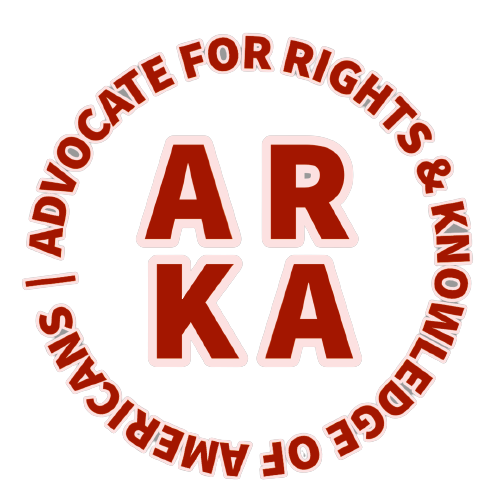
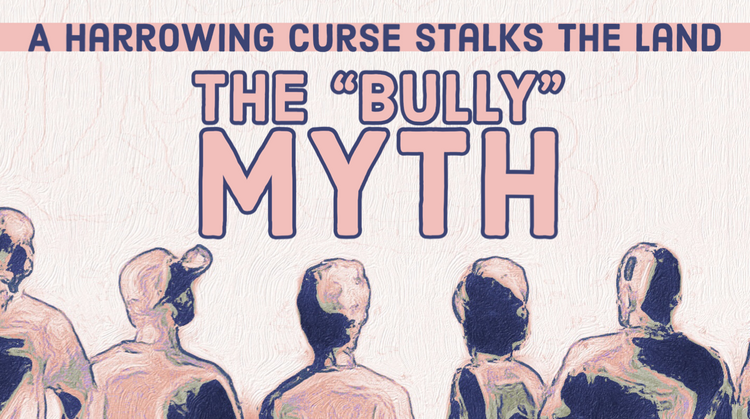
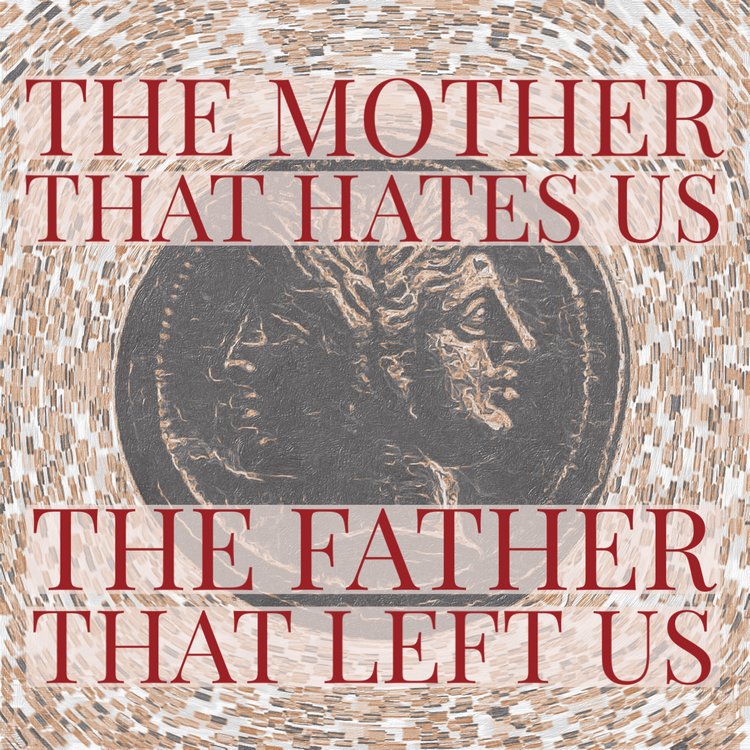
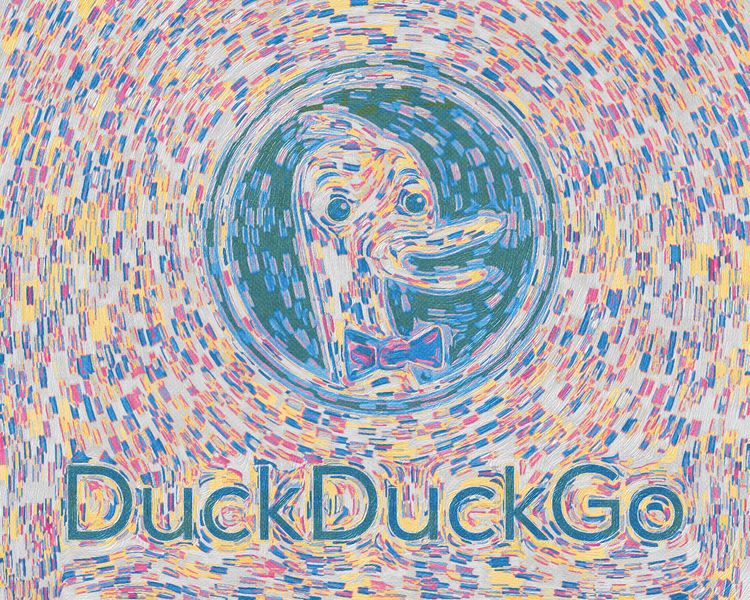
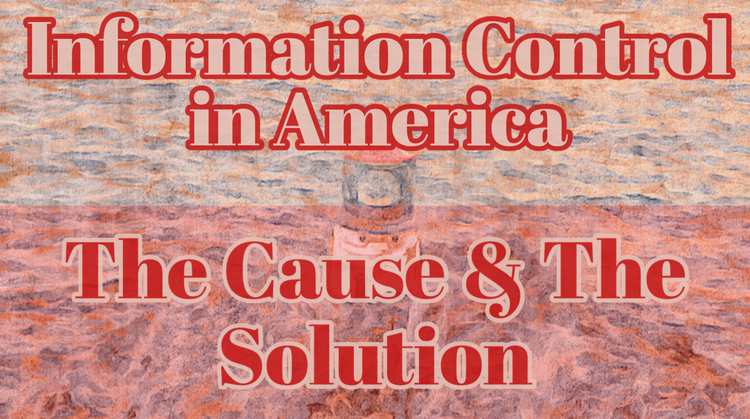

Member discussion